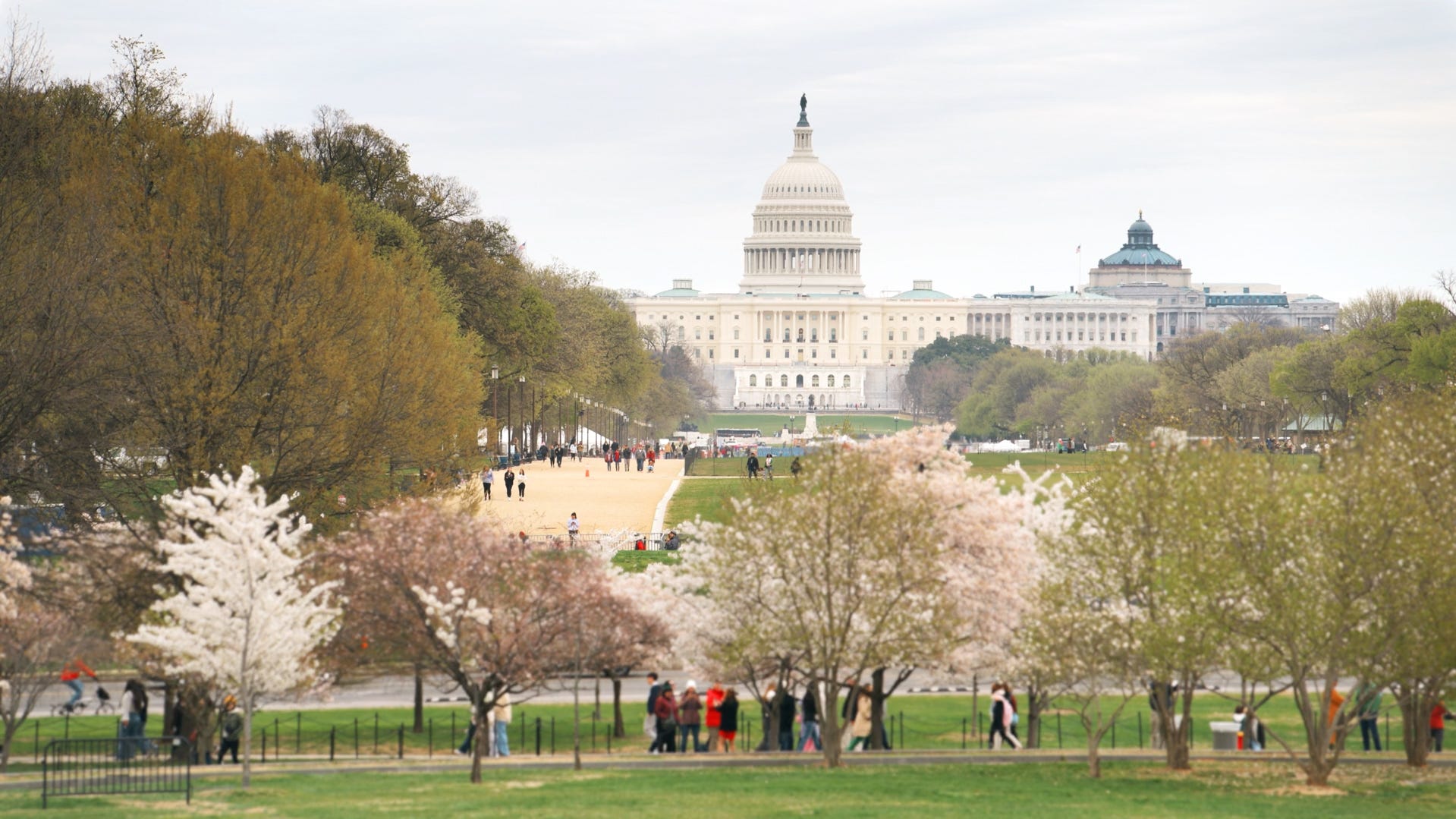Senate vote: 20 million people could lose Medicaid benefits
Hundreds of thousands of Americans, including residents of Republican-led states could lose insurance coverage under GOP spending bill.

Republican stronghold states are among those likely to take the hardest hit from a Senate bill slashing Medicaid.
More than a quarter of residents in Arkansas, Louisiana, Kentucky and West Virginia receive healthcare coverage through the popular, federally backed insurance program, according to KFF, a nonpartisan health research organization. Republican-led Florida and Texas each have more than 1 million residents on Medicaid ‒ among the highest in the country.
Nationwide, between 12 million and 20 million people could lose Medicaid coverage under deep cuts to the health insurance program proposed by Senate Republicans, according to two estimates.
The first, by the nonpartisan Congressional Budget Office, calculates that the Senate version of the reconciliation bill would leave 11.8 million people uninsured by 2034. The second, by the Senate Joint Economic Committee Minority, estimates that about 20 million people could lose the coverage under the amended Senate bill.
Senate Republicans concerned that their planned tax cuts would swell the national debt forced steep reductions to Medicaid benefits – more than $1 trillion worth – into a bill that's the subject of a "vote-a-rama" on Monday, June 30.
Should it pass, the amended version will return to the House of Representatives for consideration. President Donald Trump has been pushing Congress to deliver the budget reconciliation bill to his desk by July 4.
The Senate included an amendment that would not only slash Medicaid writ large – as House Republicans wanted – but would also reduce the federal share of Medicaid spending for people enrolled through state-level expansions of the Affordable Care Act. The expansions made more people eligible for subsidized insurance.
The bill's impact on Medicaid recipients and others
Medicaid insures 83 million low-income children and adults, according to KFF, including 40% of American children and 60% of nursing home residents. The vast majority of voters have repeatedly told pollsters they want Medicaid left alone.
Trump repeatedly promised he wouldn't 'touch' Medicaid other than seeking out fraud, and his spokesperson said this bill accomplishes that goal.
"The president and the vast majority of Republicans who are supportive of this legislation are right: This bill protects Medicaid for those who truly need it, the needy, pregnant women, children, sick Americans who physically cannot work," said White House Press Secretary Karoline Leavitt. The bill strips out "waste, fraud and abuse," she added.
Hospitals are required to provide emergency care and uninsured people often end up getting treated in emergency rooms. Federal Medicaid cutbacks threaten hospitals' financial stability, experts say. Acknowledging the impact, the Senate added $25 billion to a rural hospital relief fund, though it's unclear if that will be enough to keep rural hospitals from closing.
The bill also adds a work requirement for Medicaid recipients.
According to KFF, 92% of Medicaid recipients work full or part-time, or can't work because of illness, disability, caregiving responsibilities, or school attendance. Many work for low-paying jobs in small companies that do not provide insurance.
Adding work requirements, KFF found, would require states to verify someone's employment status at least every 6 months, creating bureaucratic hurdles. A number of states that imposed work requirements during Trump's first term ended up eliminating them.
Opposition to Medicaid cuts
The American Hospital Association, a trade group, urged Congress to reject the Medicaid cuts, saying in a statement that they "would not only strip access to health care from some of the most vulnerable populations but also destabilize hospitals and health systems, leading to a loss of services that would impact patients and communities nationwide."
Other opponents of the cuts, include senior citizens in wheelchairs and other disabled people, who protested on Capitol Hill on June 24. Several were arrested by Capitol Police, and footage online showed officers tying the protestors' hands with zip ties.
States would be forced to pay more to maintain Medicaid expansion as a result of the cuts, Sarah Lueck, vice president for health policy at the Center on Budget and Policy Priorities, said in a June 29 post on X.
Many Republican-led states have some of the lowest levels of coverage by private insurers, and Medicaid is a staple for hundreds of thousands of residents of Indiana, Tennessee, South Carolina and Georgia, among others.
In a firey speech on the Senate floor June 29, Sen. Thom Tillis, a Republican from North Carolina, who is not seeking re-election, blasted the cuts. They'll hit his constiuents, he said, as they are implemented over the next few years.
"What do I tell 663,000 people in two years or three years," he said, "when President Trump breaks his promise by pushing them off of Medicaid because the funding is not there?"
Contributed: Sarah D. Wire